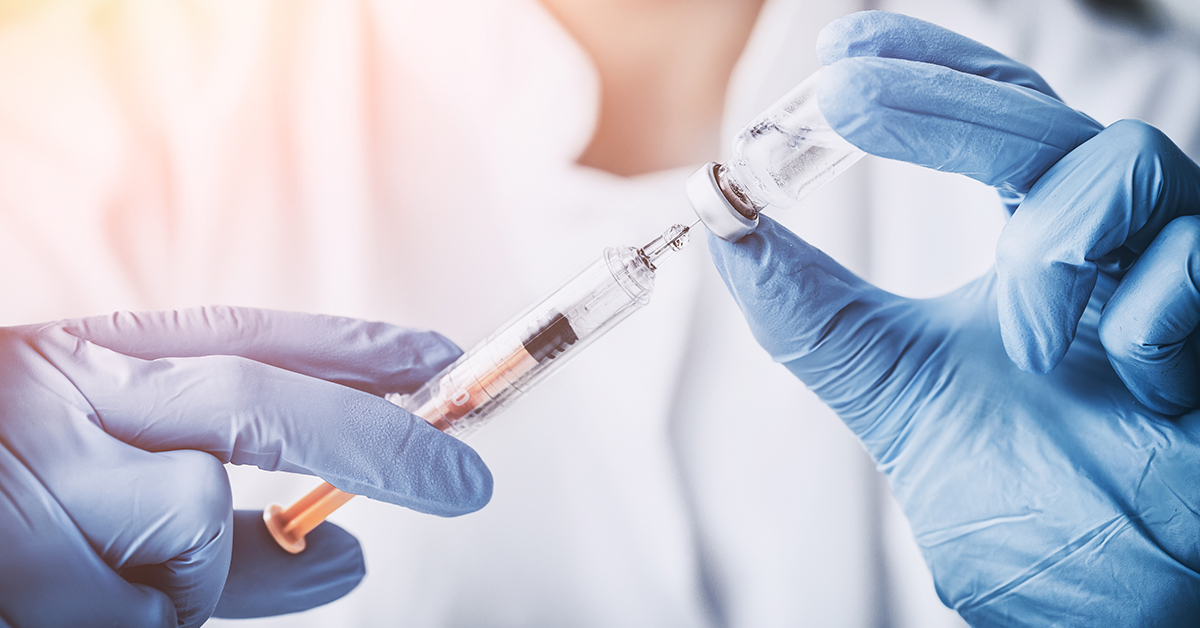
The Vaccine That Can Prevent Cervical Cancer
-
The human papillomavirus (HPV) is one of the most common sexually transmitted infections in the U.S. The Centers for Disease Control and Prevention (CDC) estimates that more than 40 million Americans are currently infected with HPV, and about 13 million people become newly infected each year. There are many different types of HPV, and a large number of them are easily spread through sexual contact with HPV-infected skin and mucus membranes. While HPV infection is often asymptomatic and disappears over time, there are certain high-risk HPV types that can persist and lead to cancer.
Almost all cervical cancer is caused by HPV, and it can also cause cancer of the vulva, vagina, penis, anus, and throat (oropharyngeal area). The good news is that vaccination can protect against the most common HPV infections that cause genital warts and cancer.
HPV vaccination has the potential to prevent a majority of all cervical cancers and greatly decrease the number of vulvar, vaginal, penile, anal, and oropharyngeal cancers.
The American Cancer Society and CDC recommend that girls and boys who are 11 or 12 years old get the HPV vaccination. Vaccinating children at this age results in a stronger immune response than it does in teenagers and helps ensure that young people are vaccinated before they become sexually active. The HPV vaccine is now one of the routine childhood vaccinations given in the U.S. For the most part, only two doses, 6 to 12 months apart, are needed for children up to their 15th birthday; adolescents and young adults older than 15 years need the three-dose series.
HPV Vaccine recommendations from CDC
The HPV vaccine is recommended for boys and girls at 11 or 12 years. Vaccination can be started at age 9.
Teens and young adults ages 13 through 26 who have not been vaccinated, or who haven’t gotten all their doses, should get the vaccine as soon as possible.
Even though HPV vaccination can prevent cervical, genital, and oropharyngeal cancers, vaccination rates remain lower than hoped for in the U.S. Some parents may not realize that vaccination protects against several kinds of cancer, or may feel that getting vaccinated is an acknowledgement that their child will be sexually active one day.
For those who do not get the HPV vaccine and do get an HPV-related cancer, screening and early detection are critical. Adhering to the cervical cancer screening guidelines helps detect precancerous and cancerous lesions as well as enables treatment to start as early as possible. Women who have been vaccinated for HPV should still get recommended cervical cancer screening. Still, there is no arguing with the old adage that an ounce of prevention is worth a pound of cure.
